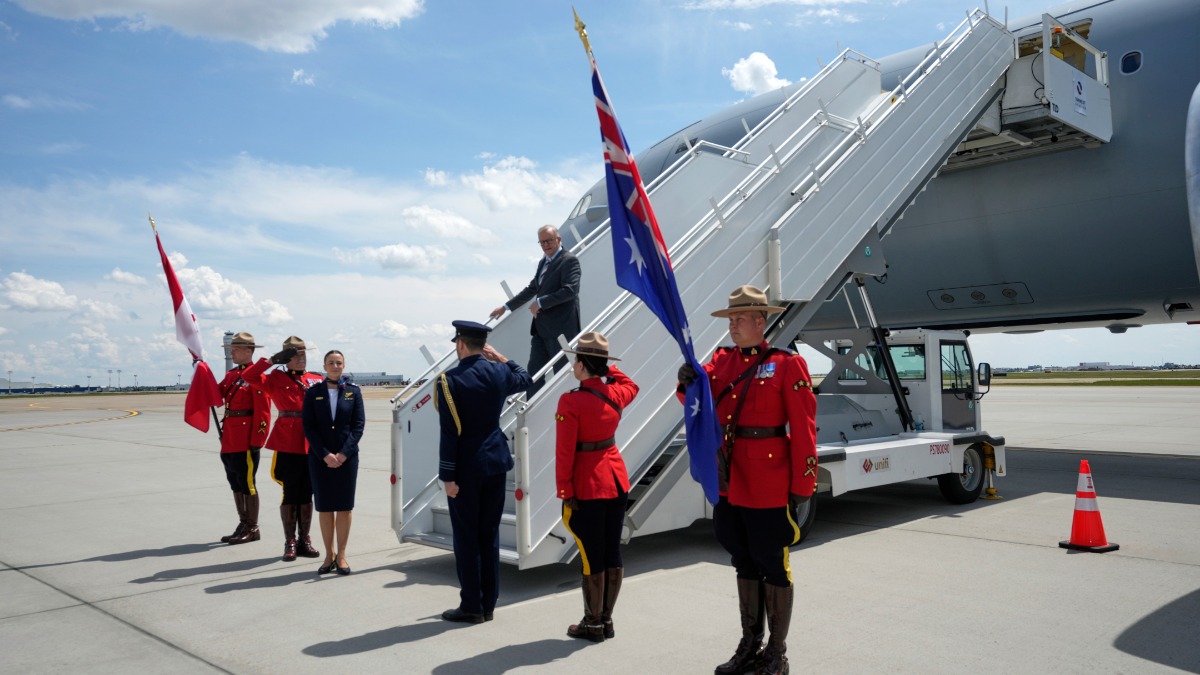The leaders of the G7 countries gathered in Canada for a summit where they discussed the conflicts between Israel and Iran, as well as the war in Ukraine. Ukrainian President Volodymyr Zelensky attended the summit and was expected to meet with U.S. President Donald Trump. Trump expressed hope for an agreement between Israel and Iran, praised the Israeli offensive, and denied Iranian accusations of U.S. involvement in attacks. The European Commission emphasized that diplomacy is the best way to resolve the conflict, while Iran was accused of violating nuclear obligations. Israel launched attacks to prevent Iran from developing nuclear weapons, resulting in casualties on both sides. The G7 summit also considered the impact of the conflict on oil prices and regional stability.
Political Perspectives:
Left: Left-leaning reports emphasize the importance of diplomacy and peaceful resolution, highlighting the risks of escalation and the humanitarian impact of the conflicts. They often criticize military actions and stress the need for international cooperation to prevent further violence.
Center: Center-leaning coverage tends to present a balanced view, reporting on the positions of all parties involved, including the G7 leaders’ efforts to mediate. It highlights the strategic concerns about Iran’s nuclear program and the ongoing war in Ukraine, focusing on diplomatic initiatives and security implications.
Right: Right-leaning narratives often emphasize strong support for Israel’s right to defend itself and criticize Iran as a destabilizing force in the region. They may praise military actions against Iran’s nuclear ambitions and frame the conflict in terms of combating terrorism and protecting Western interests.












